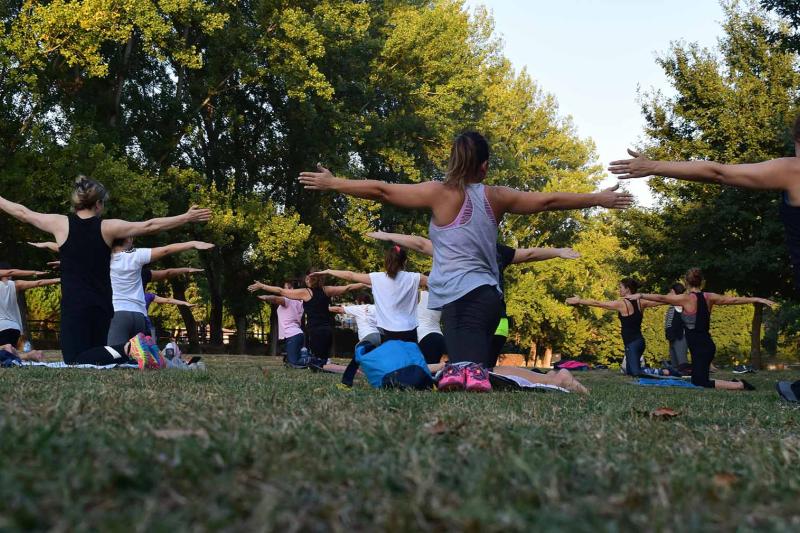Childhood exercise can counteract risk of diabetes caused by obese fathers

Victoria University research shows exercise in childhood can counteract the risk of developing diabetes that comes from having an obese father.
Professor Glenn McConell and lead author Filippe Falcao-Tebas found that a short period of exercise early in life can reverse the negative effect of low insulin sensitivity that children of overweight fathers can be born with.
People born with low insulin sensitivity do not respond properly to the hormone insulin, resulting in increased blood sugar, and a higher than normal likelihood of developing Type 2 diabetes as an adult.
Studies show positive effects of exercise
The study involved breeding obese male rats that were fed a high-fat diet with healthy female rats. Offspring rats were put on a 4-week exercise training program after weaning to assess their responsiveness to glucose and insulin, their skeletal muscle function, and the structure of their pancreas, which produces insulin.
The results showed the exercise reprogrammed the negative metabolic effects on skeletal muscle and insulin sensitivity when the young rats became adults.
Previous research shows the offspring of obese rat mothers similarly have increased risk of diabetes.
Human studies needed
Professor McConell said more research was required to determine at which age equivalent preventative exercise benefits could be expected in humans.
He estimated the 5-week-old rats used in the study approximated a 4- to 6-year-old human child.
This study provides pre-clinical evidence of strategies to prevent chronic diseases and is a basis for further human studies, and, ultimately, the modification of public health policies.
The researchers will use the growing field of epigenetics to continue exploring which genes are switched on and off when examining the relationship between paternal diet and offspring exercise.
The study was conducted by Victoria University in collaboration with the University of Melbourne. It was recently published in The Journal of Physiology.



